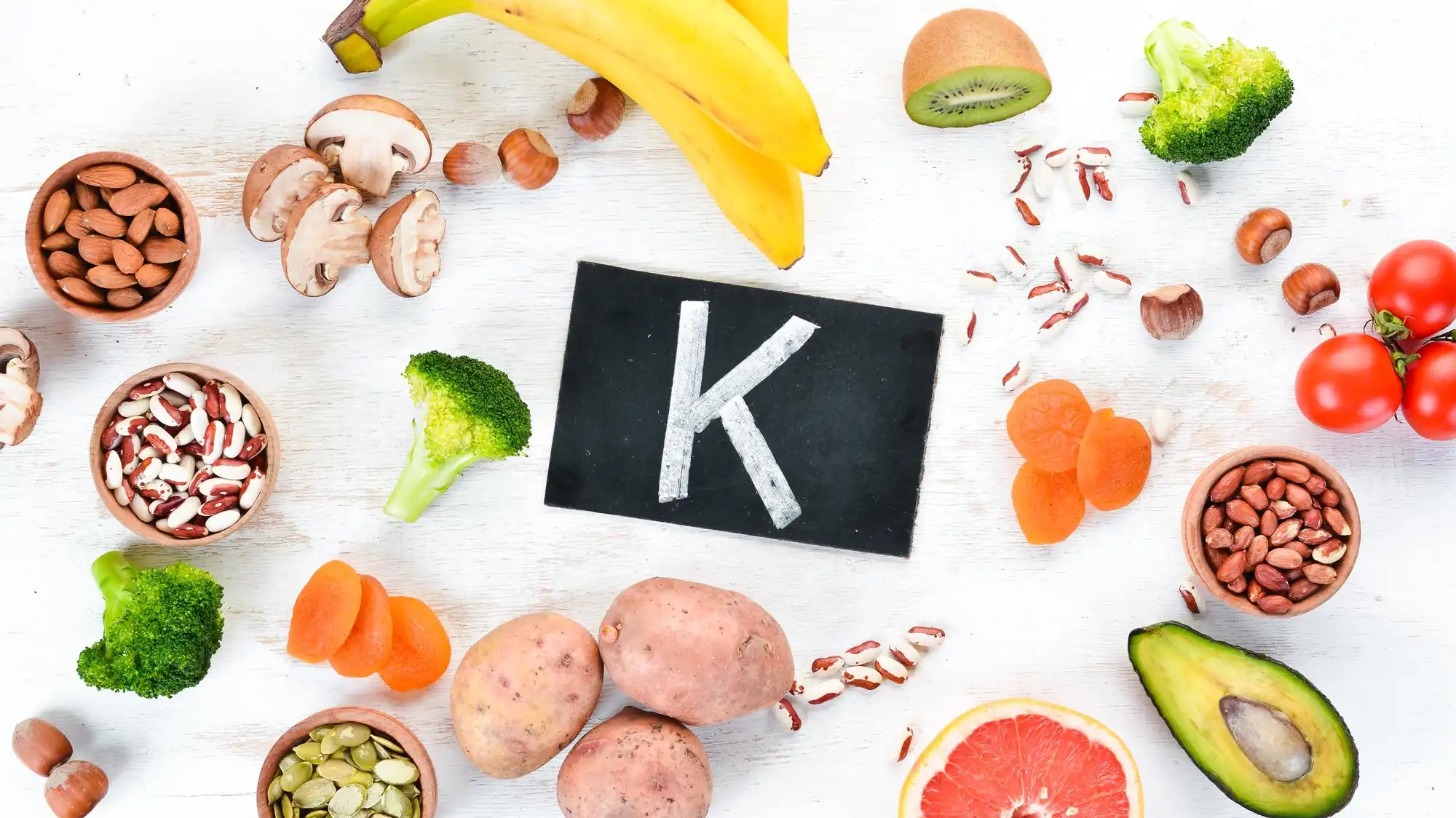Managing High Potassium Levels in the Elderly: Symptoms, Causes, and Tips
23 September 2024

Potassium is an essential nutrient that offers numerous benefits to keep your body functioning properly. You may have heard of the dangers of low potassium levels, but high potassium levels can also cause concern - and they're common in older adults. This article will explore the symptoms, causes, and potential solutions related to high potassium levels in the elderly.
What does potassium do in the body?
Potassium is an essential mineral that plays a key role in biological functions. It regulates your heartbeat, ensures proper function of your nerves and muscles, and helps transport nutrients and waste around your body.
Having the right amount each day can help control your blood pressure, prevent kidney stones, and protect against strokes and cardiovascular disease. The normal potassium level range is between 3.6 to 5.0 millimoles per liter (mmol). To attain this, adults should consume between 3,500 to 4,700 milligrams of potassium per day. High-potassium foods include leafy greens, nuts, seeds, legumes, and fish.
What causes high potassium levels in elderly?
As you age, it's common to experience reduced kidney function, making it more challenging for your body to get rid of excess potassium. This is one common reason why older adults have elevated potassium levels or hyperkalemia. Other causes of high potassium include:
Certain medications. Older adults typically take multiple medications per day, and the combination of certain medications can raise potassium levels. Common medications that can cause high potassium include NSAIDs like aspirin and ibuprofen, as well as ACE inhibitors like lisinopril.
Your diet. A diet that is heavy in salt substitutes can cause your potassium levels to rise since many are made with potassium chloride. Other potassium-rich foods you might want to be mindful of if you're at risk for high potassium are bananas, avocados, sweet potatoes, squash, and dairy.
Dehydration. Drinking plenty of water throughout the day offers numerous benefits, including aiding in potassium levels. If you experience hyperkalemia symptoms like fatigue or weakness, you may want to try sitting down and drinking a glass of water.
Decreased kidney function. Your kidneys are essentially a filtering system that helps remove waste from your body and control the levels of substances you consume, like potassium. If you have a decreased kidney function, it may be more difficult for your body to remove excess potassium, which could lead to elevated levels.
What symptoms are associated with high potassium?
Some older adults won't experience symptoms when they have high potassium levels. It's important to talk to your doctor about regular blood tests to monitor your potassium levels.
Mild hyperkalemia caused by a rapid increase in your potassium levels will likely cause you to have symptoms, including:
Muscle weakness or numbness. Feeling like you have weak muscles when you didn't do any strenuous exercise could be a symptom of high potassium levels. You may also experience tingling or numbness in your muscles.
Muscle cramps. The tight tense feeling in your muscles you get on random occasions could be a sign of high potassium levels.
General weakness. If you're feeling weak and tired on a consistent basis, it may be beneficial to check your potassium levels through a blood test. Overall weakness is also a common symptom of high potassium, although it can be hard to detect.
Nausea or vomiting. Hyperkalemia can have a negative impact on your digestive tract. Some older adults may experience loose stool, nausea, vomiting, or stomach pain when they have high potassium.
Arrhythmia. A more serious side effect of hyperkalemia is the risk of developing an arrhythmia, where your heart beats too fast or too slow. This symptom may occur when the muscles around your heart are damaged. Talk to your doctor if you experience tight and achy chest pain.
Shortness of breath. Feeling winded can occur when high potassium in the blood impacts the muscles that control your breathing. Your lungs may not be receiving enough oxygen if your heart's capacity to pump blood throughout the body is diminished.
How can older adults prevent or reduce high potassium levels?
By following the below steps, you can lower your risk for hyperkalemia, or reduce your potassium levels to a normal range. Be sure to discuss with your doctor if you believe you have high potassium before you begin any type of treatment.
1. Adjusting medications
2. Dialysis treatment
3. Avoid herbal remedies or supplements
4. Taking diuretics
5. Potassium binders
6. Avoid potassium-rich salt substitutes
7. Stay hydrated
8. Dietary restrictions
Blood pressure medications and other drugs can elevate your potassium levels, putting you at risk of hyperkalemia. If you believe you have high potassium, speak with your doctor to see if you could try taking a different kind of medication.
In some cases, your doctor may recommend dialysis to help remove potassium from the blood. This form of treatment is typically used if you've been unsuccessful in other treatments or if you are diagnosed with kidney failure.
Although herbal supplements are advertised as natural, some may increase your potassium levels. If you take herbal supplements, you may want to consult with your doctor to see if any of them could elevate your potassium.
Your doctor may prescribe diuretics, or water pills, which can help you urinate more frequently to release excess sodium and potassium from your body.
Potassium binders can help lower your potassium levels by releasing excess potassium through your stool. This form of treatment is used sparingly, typically in hospital settings.
Salt substitutes often contain potassium chloride, which can elevate your potassium levels to some effect. It's important to be mindful of products that are 'light' in salt, low-sodium, or salt-free, as they may contain this compound.
Water is key to helping your body function properly. It can also aid in lowering your potassium levels. Staying hydrated throughout the day can help flush potassium out of your body.
If you have hyperkalemia, you may need to follow a low-potassium diet. It's important to ask your healthcare provider how much potassium is right for you to consume.
Meal Village can create the perfect meal plan for you
It can be challenging to transform your diet if you need to watch your potassium intake. Luckily, Meal Village can help ease the transformation. When you order from Meal Village, you can choose between 130 weekly recipes to find the perfect dishes that suit your diet. Then, Meal Village's executive chefs will create the homemade, delicious meals right in their Chicago kitchen, and send them right to your door. It's that easy. No commitments, or subscriptions, just call or order your meals online.



